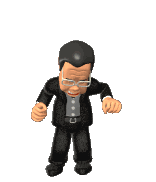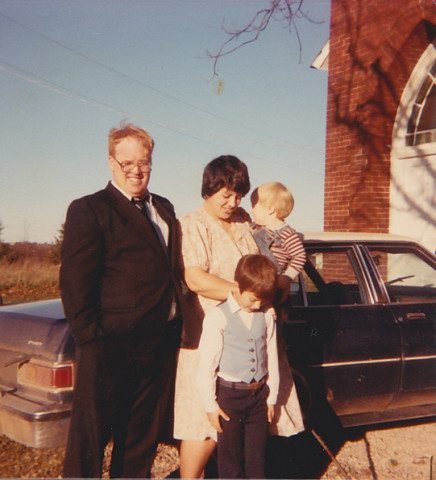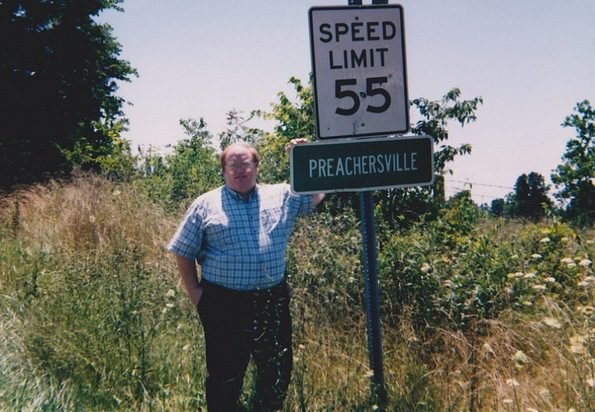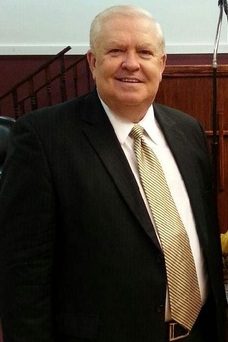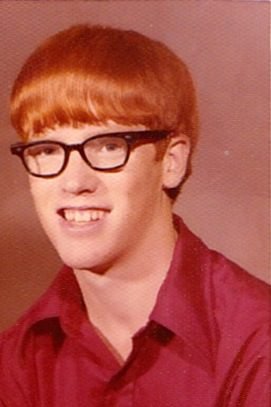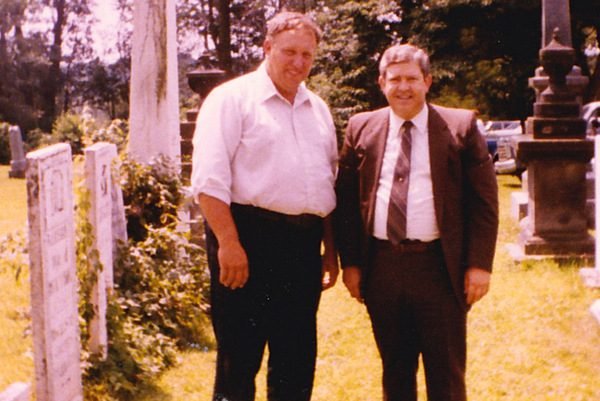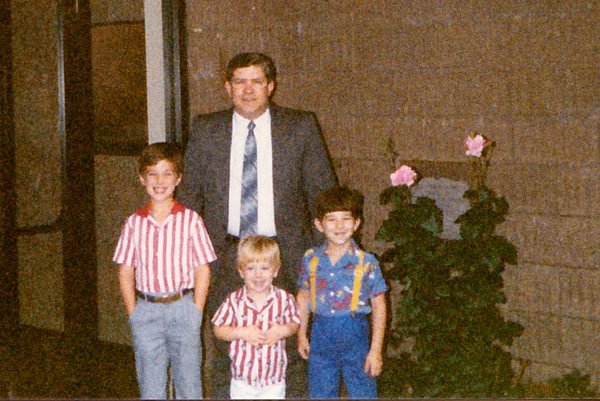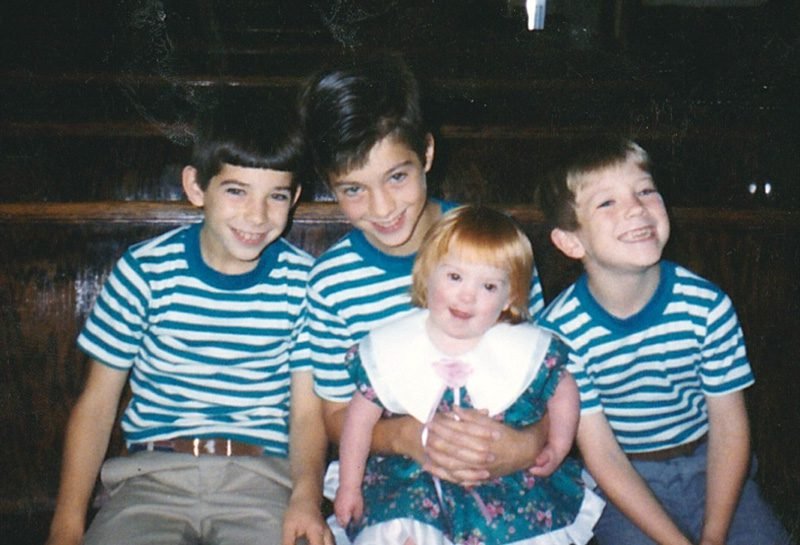
My wife and I have six adult children and sixteen grandchildren. Our children are gainfully employed and we have good, close relationships with all of them. Our children were raised as PK’s — preacher’s kids. Growing up as the children of the pastor wasn’t easy. Both congregants and their father held them to a higher standard than that of other children. My children knew that their behavior would directly reflect on me — warranted or not. As a result, my children were generally respectful, polite, and well-behaved. I have often wondered if they liked this life that was chosen for them. None of them has said one way or the other, but I do wonder if they would have preferred a “normal” childhood (however “normal” is defined). Perhaps, one of these days my daughter or one of my sons will write a guest post for this site, sharing their thoughts about what it was like growing up as the children of Rev. Bruce Gerencser, a devout Evangelical pastor. Or maybe, just maybe, my children prefer to let their childhoods lie buried in the past, never to be resurrected again. Their stories are theirs alone to tell. The same goes for Polly.
After my wife and I divorced Jesus, I heard from former colleagues in the ministry and parishioners who had a message for me from Jesus: YOU ARE RUINING YOUR FAMILY, BRUCE! Polly was never blamed for anything. Always Miss Perfect! 🙂 I was the head of the home, I was told, so I was responsible for how their lives turned out. It’s been eleven years since we attended church for the last time. Our children, at the time, were aged 15, 17, 19, 24, 27, and 29. All of them were old enough to decide for themselves when it when came to God, Christianity, the Bible, attending church, etc. Yet, according to my critics, it’s my fault for their loss of faith. Granted, Mom and Dad not going to church, Dad not preaching, and Jesus/Bible/church not being the focus of discussion 24/7 certainly confused them. I have been accused of turning my children over to the wolves by just cutting them loose after I deconverted; that I owed it to them to steer them in the “right” direction, even if I didn’t want to head that way myself. Here’s the thing: my children were old enough to think for themselves. Steering them in the right direction meant giving them the freedom to be whomever and whatever they wanted to be — no strings attached. Some of my children were already at the back door of the church, ready to push it open and walk away. All my deconversion did was give them freedom — you’re free, cheezy bread, you’re free!
Fundamentalist family members believe that if I had just kept serving Jesus and preaching the Word, all of my children would still be attending Evangelical churches, would still be worshiping Jesus, and would still be part of the machinations of church life. I couldn’t help but feel my late Independent Fundamentalist Baptist (IFB) mother-in-law’s disappointment when she quietly shook her head over our “worldliness” and that of our children. How worldly are we? Why, we drink alcohol and cuss. That’s about it. Well that, and watch MAX. Yes, two of my sons have gone through divorces, but am I to blame for their failed marriages? I think not. Sure, our family is more boisterous now that Jesus isn’t the center of attention, but we are not degenerates. On December 16, our family will gather at our home for Christmas — twenty-seven, in all. We will all cram into our 12’x18′ living room to watch the opening of gifts. Someone will suggest, as they always do, that the windows need to be opened and we need to build on an addition to our home. Jokes will follow, and Dad will abused by his sons. One thing is for certain, crammed as the room shall indeed be, it will be filled with love. The focus will be on family, not religion. “But, Bruce, JESUS is the reason for the Season!” Really? No, he’s not, not even in Evangelical homes. Oh sure, there will be prayers and Jesus talk, but once those things are dispensed with, it’s on to fun, food, and fellowship. The Gerencser family just so happens to enjoy the fun, food, and fellowship, sans Jesus. Several of our children will attend mass over the Christmas season, but for the most part they will focus their time and energy on their families. You see, whatever they think of me leaving the ministry and my subsequent loss of faith, they understand that what really matters is family. And if I can be faulted for teaching my children (and grandchildren) anything it is this: family matters.
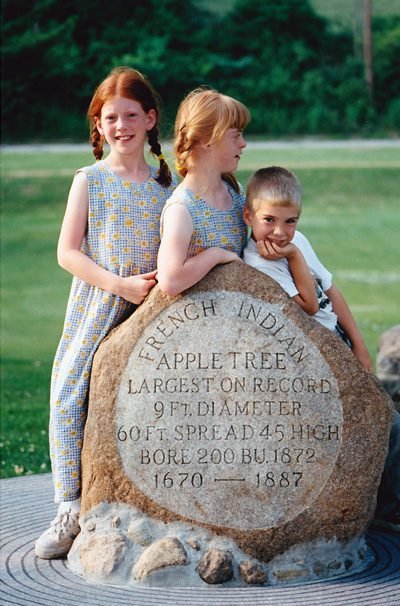
When the substance of this life is boiled away and you are on your deathbed, what will matter the most to you? Your money? Your car? Your home? Your looks? Your material possessions? I doubt it. I know, for me at least, that what matters is Polly and our family. These people make up the sum of my life. I labor under no illusions. I will never be remembered for being a Pulitzer Prize-winning author. I know when I die that I will, over time, be forgotten by most of the people with whom I have crossed paths. I will become little more than a historical footnote. Perhaps this blog will live on after I die. It, like everything in life, will eventually fade away. Everything in life is transitory, but a vapor, the Bible says, that appears for a moment and vanishes away. I remember sitting in school classrooms on cold winter days, aimlessly watching the steam from boiler radiators rise and dissipate. That’s life. When Polly, our children, and our grandchildren share their favorite Bruce/Dad/Grandpa stories at my lakeside memorial, I hope they will have good things to say about me, and a few ribald, silly things too. In that moment, they will learn that all we have is our memories. Treasure them, for they too, over time, will fade away.
As for former colleagues in the ministry, former church members, and Evangelical family members who continue to paint me as Billy Bob Thornton in Bad Santa — a man who ruined his family — all I can say is “talk to the hand.” Well, I “could” say a lot more than that — I love the F word these days — but why bother? It’s too late in the game for me to worry about catcalls from the stands; to worry about arrogant, judgmental Christians who cannot or will not see how blessed the Gerencser family really is without Jesus.
Bruce Gerencser, 66, lives in rural Northwest Ohio with his wife of 45 years. He and his wife have six grown children and thirteen grandchildren. Bruce pastored Evangelical churches for twenty-five years in Ohio, Texas, and Michigan. Bruce left the ministry in 2005, and in 2008 he left Christianity. Bruce is now a humanist and an atheist.
Connect with me on social media:
Your comments are welcome and appreciated. All first-time comments are moderated. Please read the commenting rules before commenting.
You can email Bruce via the Contact Form.






